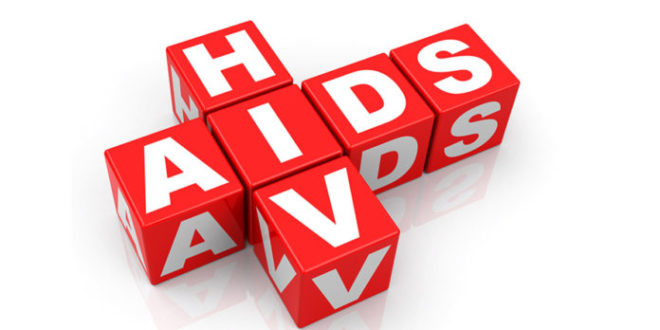The Ghana AIDS Commission (GAC) has appealed to health facilities to consider the plight of persons living with HIV and reduce out-of-pocket-payment on HIV services.
This is because the practice is compelling many of them to discontinue treatment.
Dr Kyeremeh Atuahene, the Director General of the Ghana AIDS Commission, said the intervention had become crucial as more than 32 per cent of persons living with HIV (PLHIV) in 2021 alone discontinued treatment because they could not afford to pay.
Dr Atuahene made this known at the launch and dissemination of the National AIDS Spending Assessment (NASA) report for 2019, 2020, and 2021.
NASA is a comprehensive and systemic resource tracking method that describes the financial flow, actual disbursements, and expenditures on HIV and AIDS programmes.
It describes the HIV and AIDS financial flow and expenditures for both health and non-health activities for the period while identifying and addressing funding gaps.
He said over the last three years, out-of-pocket payments by PLHIV and households increased from almost 22 million dollars in 2019 to almost 28 million dollars in 2020 and about a 32million dollars in 2021%.
The Director General said those “catastrophic expenditures” affected PLHIV, and households and had impacted the number of HIV-related deaths in the country.
“It is very concerning because the policy of the government is that, the full range of HIV services from testing to treatment and the entire scope of case management is supposed to be free,” he added.
The Director General said, however, PLHIVs were made to pay due to the challenge of delays in NHIS fund releases to service providers and other related issues, including laboratory services.
The Director General appealed to the Government, especially the Ministry of Finance to ensure that NHIS received its releases on time and in the right amount.
He said situations, where PLHIV were discontinuing treatment clearly, showed how deepening the situation was in inequalities concerning access to HIV services and access to health services in general.
Dr Atuahene said as a country committed to achieving universal health coverage, the situation undermined the objectives and efforts to end HIV and AIDS by the year 2030 as well as commitments to living no one behind and must be fixed.
He said it was important that government and the people worked together to achieve those goals and for that to happen, there should be no barrier to access to health care services, especially for persons living with HIV.
Source: GNA
 Home Of Ghana News Ghana News, Entertainment And More
Home Of Ghana News Ghana News, Entertainment And More





